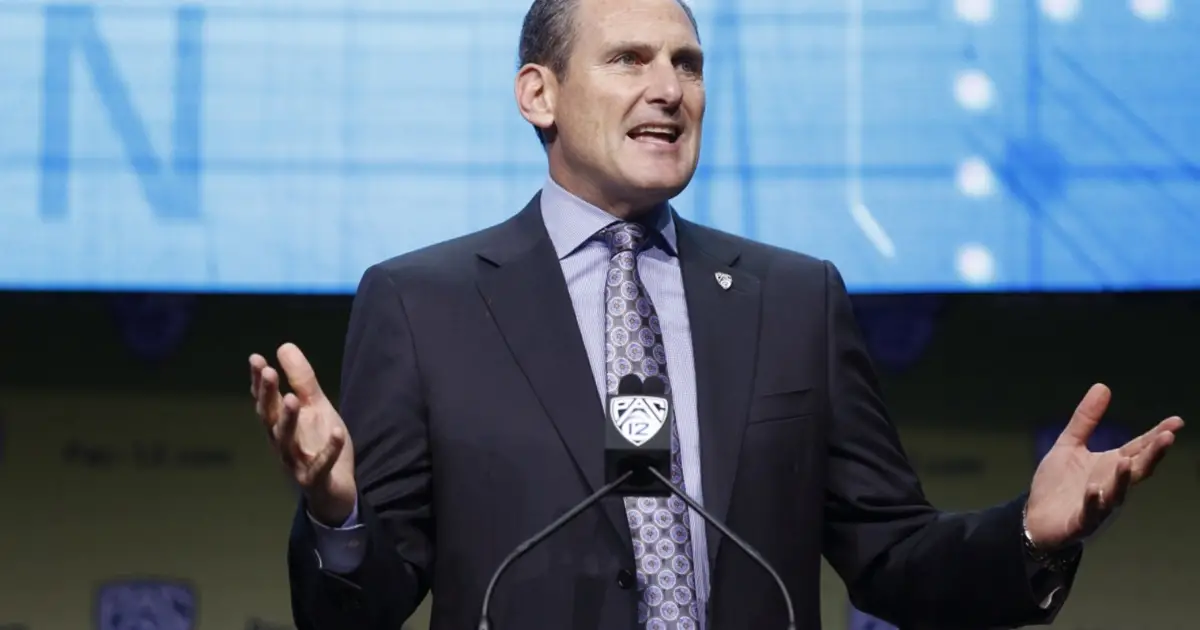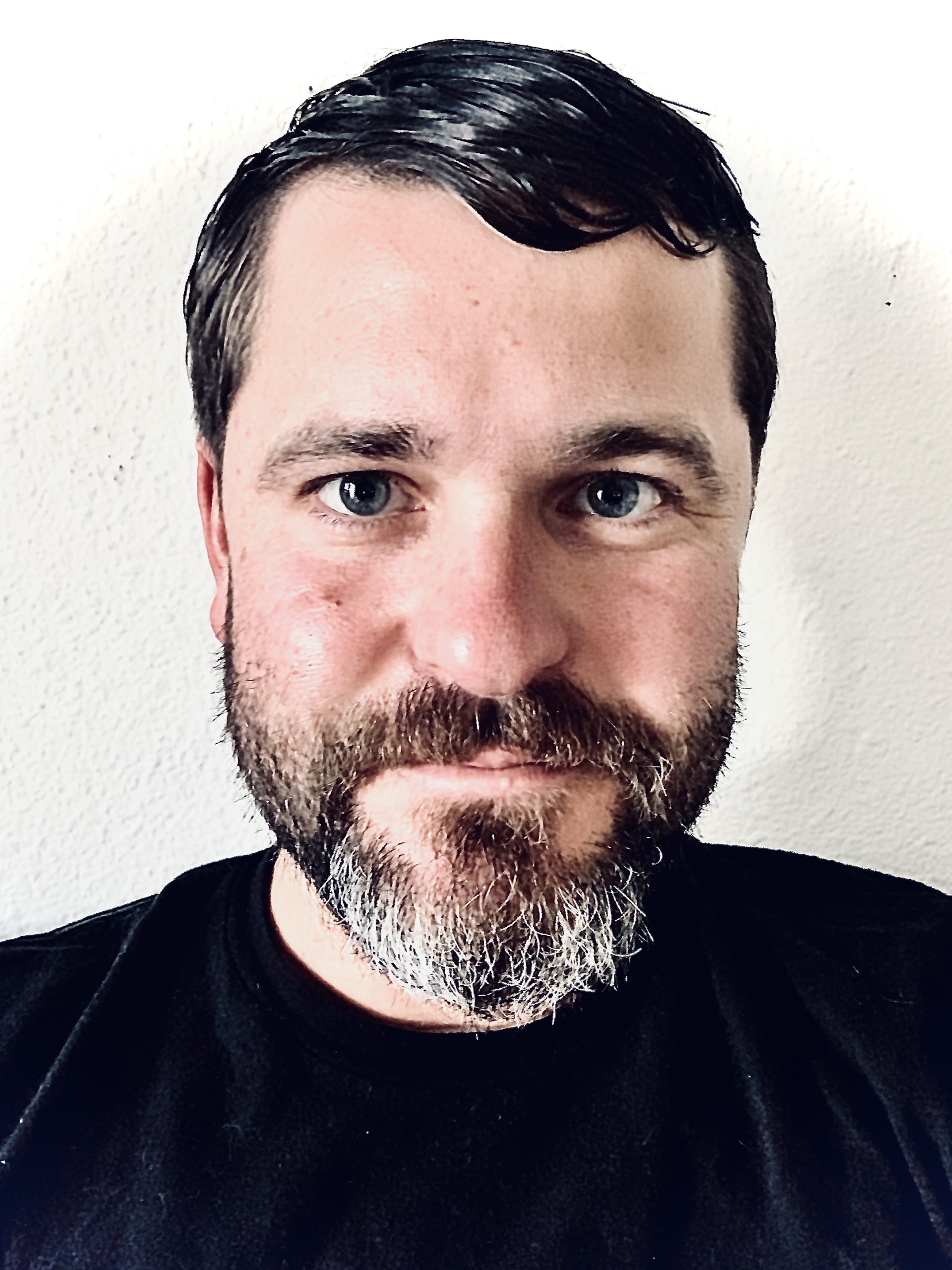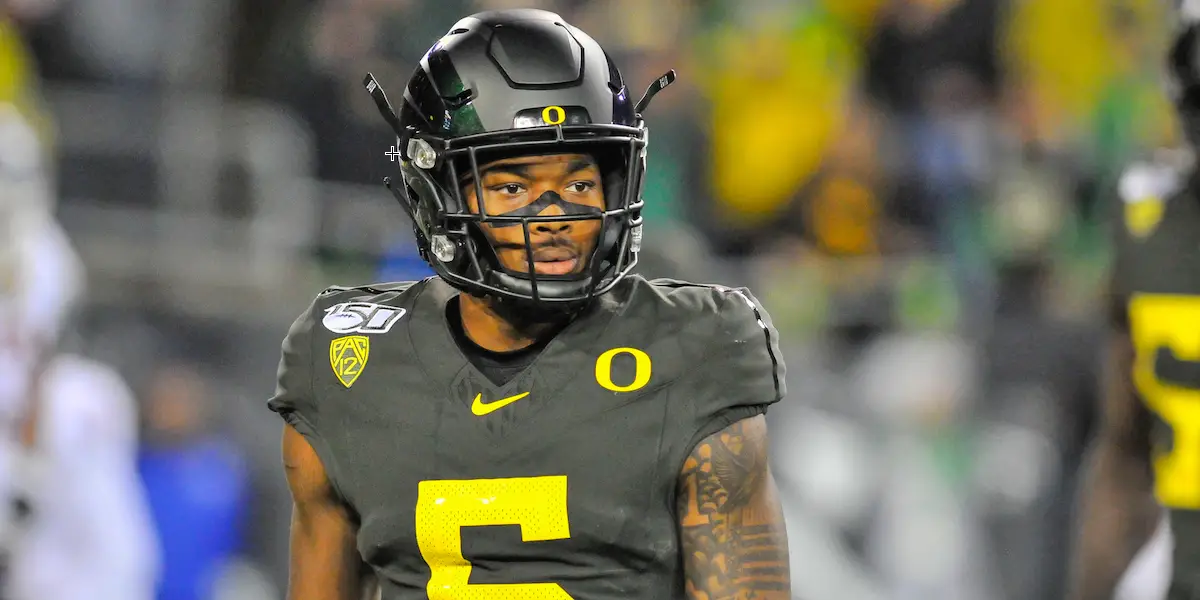By the time this article is published, the college football landscape very likely has changed overnight. As I wrote this article on August 11, the Dan Patrick Show announced that, according to sources, both the Big Ten and Pac-12 conferences were planning to announce the cancellation (or postponement) of the football season in the fall.
Honestly, it’s a relief. Fans have banged their heads against the wall waiting for some clarity and decisiveness from anyone in charge, but real concrete answers have remained vague and elusive.
But the Pac-12 has another issue it must deal with alongside a global health crisis. “#WeAreUnited,” a group of players who published a letter in The Players’ Tribune, outlined a clear list of concerns and demands aimed at addressing racial injustice and preserving student-athletes’ health, safety and financial security amid COVID-19.
And it’s not going away. In fact, the #WeAreUnited movement received a significant boost after recently joining forces with #WeWantToPlay, a group of players determined to play football this year. Now, the expressed goal for both groups is to form a players’ union, College Football Players’ Association, to give athletes a legitimate voice in decisions that impact their lives.
Players including Jevon Holland (Oregon), Valentino Daltoso (California) and Nick Ford (Utah) have been outspoken leaders of the group, taking to social media to spread their message and earning the support from Oregon players Jordon Scott, Penei Sewell and Thomas Graham Jr.
“We’re not your entertainment, we’re human beings,” Holland recently told Sports Illustrated.
ESPN college football reporter Dave Wilson said this could be the right time for such a movement, which has been a long time coming.
“This is the moment we’ve long anticipated when it comes to players realizing the power of their collective, and it will force a reckoning in college sports. While it’s at once jarring and bold, the Pac-12 players’ demands are also a reaction to years of plodding, incremental change, and it has become clear players aren’t going to wait to see what’s next.”
The list of WeAreUnited’s demands includes mandatory safety protocols for COVID-19; lowering lofty salaries and bonuses for coaches and administrators; providing medical insurance for six years after college eligibility ends; freedom to secure representation and earn money for the use of their name, image and likeness; ending racial injustice by forming a civic engagement task force of students, experts and administrators, and putting 2% of all conference revenue in a fund for low-income black student-athletes; and distributing 50% of each sports total conference revenue evenly among athletes in their respective sports.
Pac-12 Commissioner Larry Scott appeared to initially dismiss the matter during a Zoom meeting with the players, calling #WeAreUnited’s memorandum a “misguided P.R. stunt” (Scott reportedly has a very different recollection of the meeting).
Sure, some of the items on the list read like the ultimate wish list, especially the long-contested matter of paying amateur athletes (Possible solution: Put the money in a trust which players can only access after they graduate. If a player drops out of school, they forfeit their earnings). Even U.S. Senator Chris Murphy (Conn.) weighed in on Twitter regarding #WeAreUnited’s call to reduce extravagant administrative salaries:
“PAC-12 Commissioner Larry Scott makes $5.3M. If the only reform was to make his salary $450K (still a top 1% salary), every PAC-12 football player could get an annual $5,000 stipend to help their families with rent, health care, food, etc.”

Players who met with Pac-12 Commissioner Larry Scott to discuss their concerns felt he didn’t take them seriously.
For the most part, the list is reasonable, safety-forward and, frankly, long overdue. I mean, we’re asking these young athletes to play during a pandemic. If the conference and school officials can’t formulate a plan to address safety concerns from a deadly virus, why not listen to the players?
Critics might say, “Well, football is a physical sport and players put their health and safety on the line every time they take the field.” But those are known risks. And as the old tautology states: “We don’t know what we don’t know,” especially when it comes to long-term health effects related to COVID-19.
It is critical for the future of college athletics the Pac-12 gets this right. And the good news is the solution is easy. Just do the right thing, no matter how difficult or expensive.
Do we really want to be on the wrong side of players’ health and safety — again? (Yes, concussions.) If COVID-19 has long-term health effects, do you want that on your conscience? The Pac-12 should belly up and treat these players like human beings.
The conference is already going to lose millions of dollars, regardless of the decision rendered last week. Be straight with the players. Be real, be honest. The best way to show respect for these young men is to protect them as best we can. And that means listening to what they have to say.
Jordan Ingram
San Diego, California
Top Photo Credit: Kevin Cline

Natalie Liebhaber, the FishDuck.com Volunteer Editor for this article, works in the financial technology industry in Bozeman, Montana.

Jordan is a lifelong Duck fan currently living in San Diego. Jordan graduated from The Evergreen State College in Olympia, Washington, after serving a prestigious fellowship with the Washington State House of Representatives. Upon graduation, he worked as an English language teaching assistant for the Spanish Ministry of Education’s Ambassadorial Program in Monforte de Lemos, Spain. Jordan has worked as a journalist, writer, and editor in Oregon, Washington, Montana, and California, covering a wide range of topics, including sports, local politics, and crime. He is VERY excited to be writing about his beloved Oregon Ducks.

